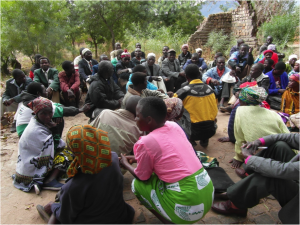
Tradition healers gathering in groups to discuss research, Phalombe, Malawi 2012
Raising the Dust
by Theresa Jones
My name is Theresa. I am an intuitive counsellor and energy healing practitioner. I grew up in South Africa under the apartheid regime, a system of false separation and division that inspired my interest in how so called “other people” lived. I felt somewhat of an outsider because of this and so I turned to nature to nurture my growing curiosities about the world. Later, as a young woman with two small children, I immigrated to Australia and continued my search for answers about to how to stay whole and healed in a fragmented world. I looked at many different healing traditions, studying some and taking what knowledge I could from the others I encountered along my journey. All of this searching, however, left big gaps in my understanding of how to stay whole and healed in a broken world. To find the answers I was seeking, I felt I needed to return to Africa to further develop an awareness of contemporary traditional medicine and its place in keeping the community healthy and connected.
Childhood memories, most especially of an (African) traditional healer whom I had become very close to, drew me in once again. Since I had always been committed to studying complimentary health outlooks, it made sense for me to turn my personal interests into serious research. I started a PhD in what is now a life-long passion to better understand the relationship between human and ecological health through the lens of African traditional medicine. What can traditional ways of knowing and being in the world teach us about caring for ourselves, and our communities, into the future, I ask?
Although I intuitively have known all along that indigenous onto-epistemologies (ways of knowing and being in the world) provide us with a rich and deep understanding of living harmoniously with the earth, I can now see just how critical they are, not only for our health and wellbeing, but perhaps for our very survival into the future. We may all agree that the world is in a serious mess. Question is, “How are we going to heal it and ourselves in the process?” One of the key aspects of African traditional medicine that helps us find meaningful solutions, is the way that it is indeed a ‘whole of life’ system. It begins with birth, and rather than ending at death, it continues to cycle back through the spirits of the ancestors, in an eternally evolving circle of knowledge and interrelationship.
This is a very ancient and deep system of beliefs and I do not pretend to offer more than a very basic explanation here, but what I have learned has been shared by practicing traditional healers, men and women of all ages, living in one of the ‘poorest’ countries on earth. Malawi has one of the lowest GDPs but is rich in culture and biodiversity. Here health is often more than a matter of keeping well, often it is a matter of staying alive. Traditional healers intervene in these life processes as a matter of course, most often, as they are carrying out their other livelihood sustaining activities, like tending to their garden plots and caring for sick family members. Women are particularly likely to be carrying out multiple complex roles at the same time. Moreover, their traditional role as nurturers, keeps them closely attached to the cycles of life and death. With one of the lowest life expectancy rates in the world, the participants in my research deal with death as a regular occurrence within their community. Not only this, they are often seen as leaders in their communities when it comes to rites of passage. In addition to this they are seen as counsellors, often providing the only support for members of their community experiencing domestic violence, grief and loss, infertility, isolation and relationship issues. They are accessible, affordable and are still highly regarded in the community despite the ongoing tensions between themselves and some of the churches and members of the biomedical profession.
For traditional healers, their beliefs and practices connect them particularly closely with their natural surroundings because they mainly rely on their local forests for their medicines, and sometimes they grow their own or buy from other locals or visitors. They hold a vast knowledge of both indigenous and exotic plant uses. Sometimes this knowledge is acquired from family and close friends and sometimes it comes to them in the form of dreams, usually from their own ancestors. I interviewed those who identified as spiritual healers and those who identified as herbalists and some who said they were both. A few identified themselves as traditional birth attendants, as well as being herbal or spiritual healers, and others simply said they knew about how to treat women with herbs and how to assist with labour. It’s hard for practitioners to identify as birth attendants in a place where the government has now banned their practices. Interestingly, both the spiritual and the herbal aspects of traditional medicine, were important to each of these groups, regardless of how they identified themselves. As with any holistic system of healing, there is a lot of overlapping of practices when it comes to treating people within their entire lifespan, from birth right through to the end of their life.
All of these factors make African traditional medicine very much part of everyday life. This was one of the most striking aspects of my research. The revelation that keeping well is not separate from everyday life, it is life. It is all connected, food, medicine, clean water, managing resources wisely, power, opportunity, practices, knowledge and beliefs. The interrelationship between knowledge, power and resources was where the underlying principles of connectedness that define traditional knowledge emerged most strongly from my research. When we look at African traditional medicine we see this in the bringing together of local plants, communication with the ancestral spirits, the knowledge of the traditional healer, acquired through being taught by family and friends, and then passing this knowledge on to others, through their beliefs and their practices, in a circular manner.
There is so much we can learn from traditional medical approaches that can assist us in living healthier, more meaningful and connected lives and it is my dream that it will become more and more mainstream in the future, not only as a complimentary medical approach but a key aspect of caring for our earth. For further interest, my PhD research has now been published as an academic text by Palgrave McMillan, titled “Raising the Dust: Tracking Traditional Medicine in the South of Malawi”.
It is available to purchase here:
https://www.amazon.com/Raising-Dust-Tracking-Traditional-Medicine/dp/981108419X
I welcome any questions or queries you might have and can be contacted on:
Phone: 0458 268 605
Email: hippygolucky@hotmail.com
Facebook page: https://www.facebook.com/tjsinnersense/?ref=bookmarks

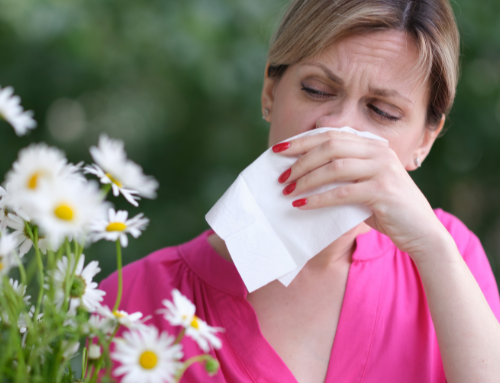
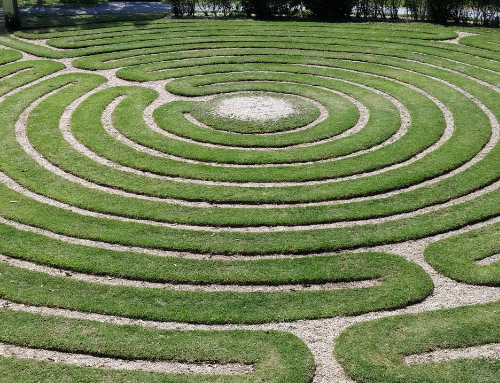
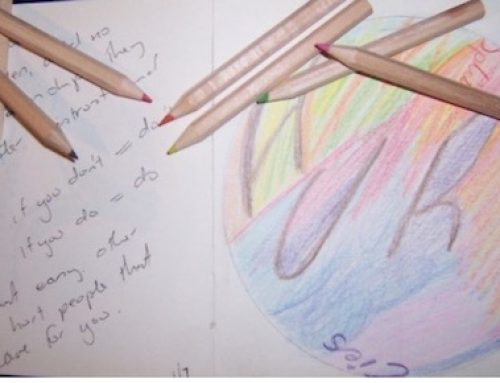
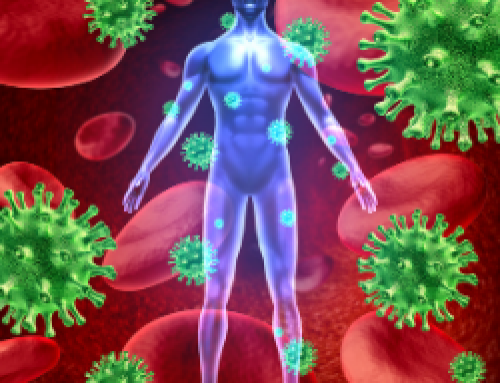
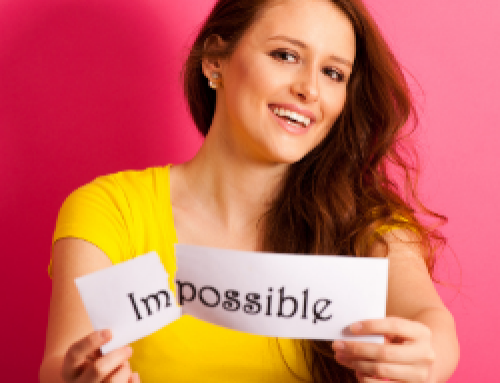
Leave A Comment